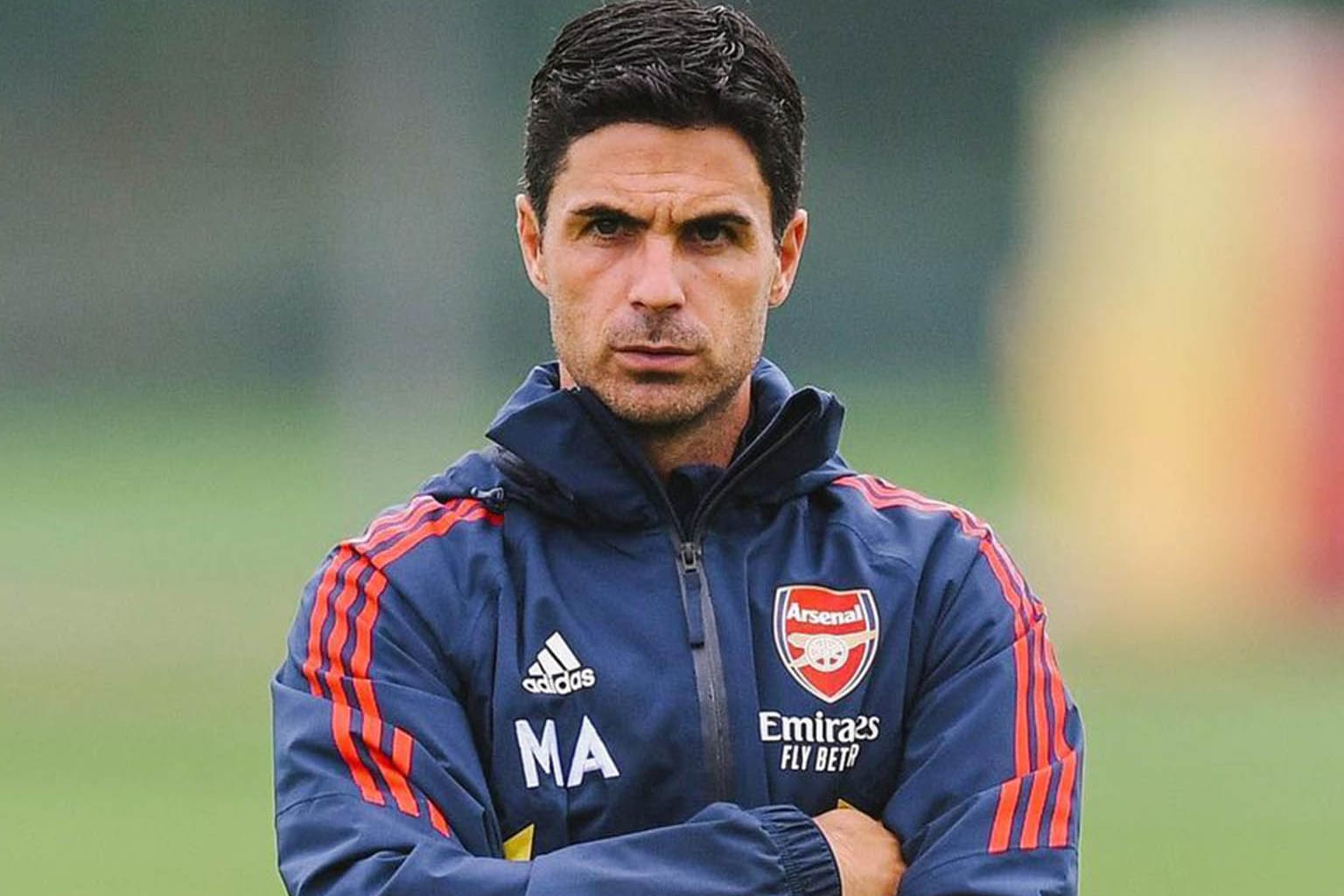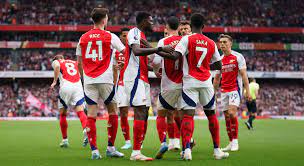Champions League: What Arsenal Must Do Differently to Overcome PSG in the Second Leg
As the dust settles on a demoralising 1-0 home defeat to Paris Saint-Germain in the first leg of their UEFA Champions League semi-final, questions are being asked across the red half of North London. The Emirates, once roaring with belief, fell eerily quiet after an early Ousmane Dembele strike. Despite commanding performances against PSV and defending champions Real Madrid in earlier rounds, Arsenal stumbled when it mattered most, and now must find a way to respond in Paris.
Where Arsenal Got It Wrong
Tactically, Mikel Arteta had limited options. With Thomas Partey suspended and both Riccardo Calafiori and Takehiro Tomiyasu unavailable, the starting lineup more or less picked itself. The match was finely balanced, with Arsenal generating an expected goals (xG) tally of 1.63 to PSG’s 1.16. However, margins at this level are slim, and Arsenal were on the wrong side of them.

Early Shock and Emotional Collapse
Luis Enrique had warned his PSG side about Arsenal’s habit of scoring early. That foresight paid off. Dembélé’s goal in the fourth minute silenced the Emirates and rattled Arteta’s men. The psychological blow was evident — fans lost their voice, and the team never quite recovered.
After stunning Madrid home and away, Arsenal seemed to believe their moment had come. But instead of playing with clarity and courage, they leaned too heavily on the emotional energy of the occasion. Arteta’s rallying cry for fans to bring their “shin pads and boots” may have worked in previous rounds, but against PSG, the pressure suffocated rather than inspired.
Despite many in the current squad having played together for five years, this was still a side returning to the Champions League after a seven-year absence. Experience — or lack thereof — showed. The semi-final stage demanded composure; instead, Arsenal froze.
What Arsenal Must Do Differently in Paris
Arteta has already beaten elite teams like Manchester City, Liverpool, Aston Villa, and Real Madrid this season. But PSG, especially in their own backyard, presents a unique challenge. The Spaniard was clear in his post-match message:
“We have to go to Paris and win the game. We are more than capable of doing it. If you want to be in the Champions League final, you have to do something special.”
A key component missing in the first leg was Thomas Partey. His leadership, composure, and control at the base of midfield would have provided balance. His return could free up Declan Rice to operate more dynamically, bridging attack and defence with confidence.
Also Read: Manchester United’s 50-Goal Striker Target Sets One Condition to Join in Upcoming Summer Transfer Window
Merino’s Rise, Odegaard’s Dip
Mikel Merino has silenced his critics with six goals in ten games, including a standout performance against Real Madrid. With Leandro Trossard and Gabriel Martinelli both guilty of missing gilt-edged chances, Arteta may be forced to start Merino in Paris, benching one of the misfiring wide men.
Meanwhile, Martin Odegaard struggled to impose himself yet again. The captain, who missed Arsenal’s league win over PSG earlier this season, was anonymous in the first leg. His return of just two goals and six assists this season speaks volumes. Substituted with five minutes remaining, it wouldn’t be a shock if Ethan Nwaneri were handed a surprise start ahead of him in the second leg.
Set-Piece Opportunity
If there’s one glaring PSG vulnerability, it’s defending set-pieces. Only four Ligue 1 teams have conceded more set-piece goals this season than PSG’s ten — a staggering 32.3% of their total goals against. Six of those have come from corners, often due to lapses at the near or far post.
Bukayo Saka’s goal in October and Merino’s disallowed effort in the first leg are further proof that Arsenal can exploit this. In a high-stakes away tie where open-play chances may be scarce, set pieces could be the difference.
Arteta has urged his team to draw strength from their win at the Bernabeu. To overturn the deficit in Paris, Arsenal must stay composed, avoid conceding early, and show maturity under pressure. The path to a historic Champions League final remains open, but only if the Gunners can channel belief into bold, disciplined execution.




